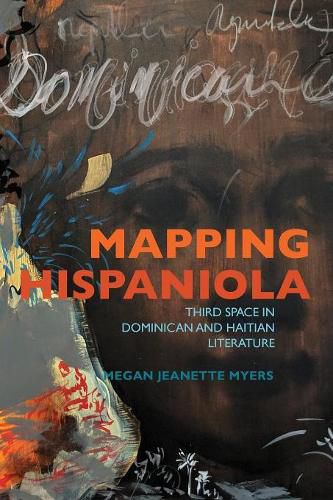Readings Newsletter
Become a Readings Member to make your shopping experience even easier.
Sign in or sign up for free!
You’re not far away from qualifying for FREE standard shipping within Australia
You’ve qualified for FREE standard shipping within Australia
The cart is loading…






This title is printed to order. This book may have been self-published. If so, we cannot guarantee the quality of the content. In the main most books will have gone through the editing process however some may not. We therefore suggest that you be aware of this before ordering this book. If in doubt check either the author or publisher’s details as we are unable to accept any returns unless they are faulty. Please contact us if you have any questions.
Because of their respective histories of colonization and independence, the Spanish-speaking Dominican Republic has developed into the largest economy of the Caribbean, while Haiti, occupying the western side of their shared island of Hispaniola, has become one of the poorest countries in the Americas. While some scholars have pointed to such disparities as definitive of the island’s literature, Megan Jeanette Myers challenges this reduction by considering how certain literary texts confront the dominant and, at times, exaggerated anti-Haitian Dominican ideology.Myers examines the antagonistic portrayal of the two nations-from the anti-Haitian rhetoric of the intellectual elites of Dominican dictator Rafael Trujillo’s rule to the writings of Julia Alvarez, Junot Diaz, and others of the Haitian diaspora-endeavoring to reposition Haiti on the literary map of the Dominican Republic and beyond. Focusing on representations of the Haitian-Dominican dynamic that veer from the dominant history, Mapping Hispaniola disrupts the magnification and repetition of a Dominican anti-Haitian narrative.
$9.00 standard shipping within Australia
FREE standard shipping within Australia for orders over $100.00
Express & International shipping calculated at checkout
This title is printed to order. This book may have been self-published. If so, we cannot guarantee the quality of the content. In the main most books will have gone through the editing process however some may not. We therefore suggest that you be aware of this before ordering this book. If in doubt check either the author or publisher’s details as we are unable to accept any returns unless they are faulty. Please contact us if you have any questions.
Because of their respective histories of colonization and independence, the Spanish-speaking Dominican Republic has developed into the largest economy of the Caribbean, while Haiti, occupying the western side of their shared island of Hispaniola, has become one of the poorest countries in the Americas. While some scholars have pointed to such disparities as definitive of the island’s literature, Megan Jeanette Myers challenges this reduction by considering how certain literary texts confront the dominant and, at times, exaggerated anti-Haitian Dominican ideology.Myers examines the antagonistic portrayal of the two nations-from the anti-Haitian rhetoric of the intellectual elites of Dominican dictator Rafael Trujillo’s rule to the writings of Julia Alvarez, Junot Diaz, and others of the Haitian diaspora-endeavoring to reposition Haiti on the literary map of the Dominican Republic and beyond. Focusing on representations of the Haitian-Dominican dynamic that veer from the dominant history, Mapping Hispaniola disrupts the magnification and repetition of a Dominican anti-Haitian narrative.